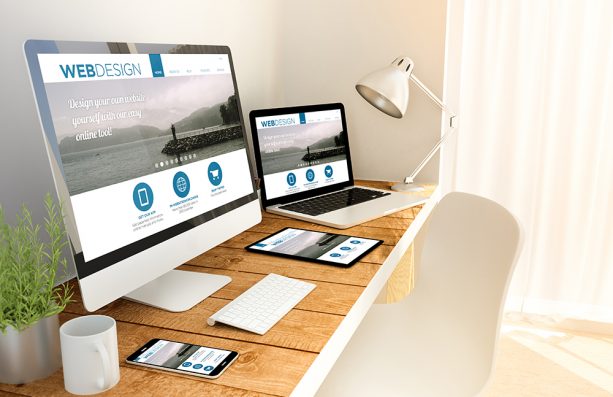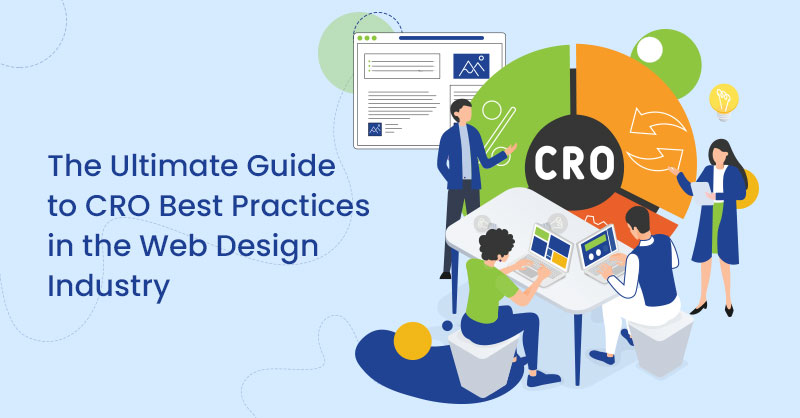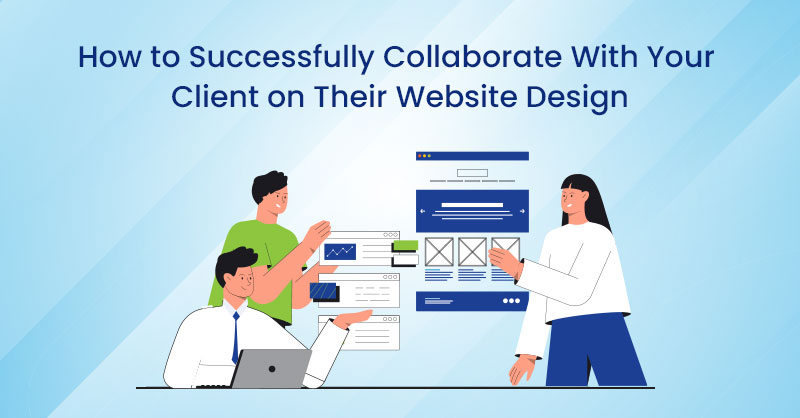When talking about website design, there’s a lot of jargon that gets thrown around. Specifically, when building a new website, it’s important to know what type of design is best for your business: responsive or adaptive? You might be asking: which type of design does Google prefer? What’s more user friendly? What’s cheaper? What's the difference between responsive and adaptive?

Both types of design are the same in the sense that they alter the website appearance based on the width of the user's screen. However, unless you’re a designer or well versed in technical terms, you might not know the difference between both of these designs.
With Google placing more importance now than ever on user and mobile experience, it’s important that you have a website that will hold up through any algorithm updates. Apart from Google and rankings, we have to be forward thinkers in general. New mobile devices with varying screen sizes come out each year – new computers, Smart TV’s, and even our household appliances are getting smarter by acquiring screens.
So, which type of design is best for your business? First, we need to detail out what each design is and what the key differences are.
Adaptive website design
Let’s start off by discussing an adaptive website. Adaptive websites use pre-sized layouts that will load on the users device. Therefore, once they’re loaded, they won’t respond after that point. This is a key difference between responsive and adaptive designs, as responsive designs are continuously adapting to the screen size at every point.
Adaptive websites will determine the best page size layout to load when the user initially lands on the site. However, adaptive design layouts fit a limited number of preset sizes based on the most common screen widths (320, 480, 760, 960, 1200, and 1600). If your screen isn’t one of these sizes, there may be some odd layouts that can occur, as the design will shrink down to the next smallest layout size.
Responsive website design
Now, when we look at responsive design there are some key differences. The most important aspect to note about a responsive website is that it will adapt to the screen size of the user viewing the page, no matter what device they may be using. The website is also continuously responding to the size of the screen at all points of the customer's journey on the website.
The ability to continuously respond is done through coding, specifically what’s known as a CSS query. CSS queries are designed to look at the capability of the user's device and browser. Therefore, the query can define the height and width of the device. This enables the screen to respond to that exact size at every moment.
When looking at both of these types of designs on a screen, responsive designs will shrink or enlarge as you change the size of the page. With adaptive designs, they will ‘snap’ as you shrink or enlarge the screen. The snap occurs as the next pre-fixed size is selected and loaded.
So, which one is best? Well, it depends on what kind of website you're designing. On the one hand, if you know that you’re only going to be creating a website used on an Android device, it makes more sense to create an adaptive website that will consist only of the most common Android screen sizes. However, responsive designs offer a more optimized experience for users, as every screen dimension has a web design that works just right. You are also preparing your website for the future if any new devices or algorithm updates are released.
In the end, both forms are changing the designs that appear on browsers and devices to bring a better experience to the user and a good user experience has been known to influence search engine rankings within Google.






